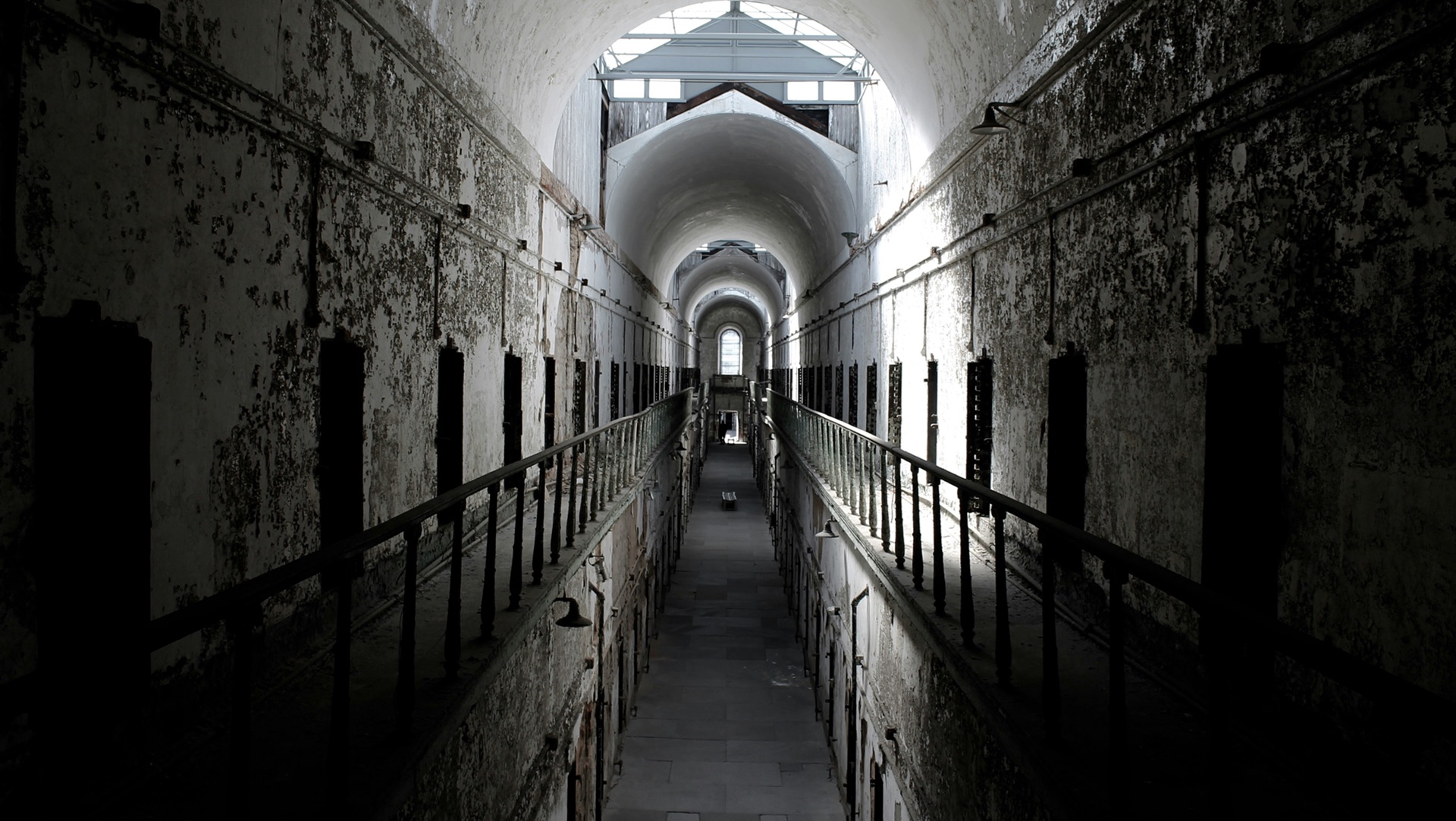Recently the Big Issue covered the pressing concern of overcrowding in prisons. The issue is sadly not new with many prisoners serving sentences in inhumane conditions. Security issues partially caused by overcrowding were also brought to the forefront last year, after a prisoner escaped HMP Wandsworth under a delivery van.
Projections from the Ministry of Justice estimate that in two years’ time the prison population will be a third higher than the 78,058 counted in 2021. Twenty thousand new delayed prison places are only set to be delivered by 2030 – at a construction cost of £4bn.
Prison overcrowding may not seem a palatable vote-winner amid a cost of living crisis, but the situation is at breaking point and a functioning criminal justice system is essential to keep communities safe.
Aside from capacity and living condition issues in prisons in the United Kingdom, they are expensive to run. According to the most recent figures, the cost per prisoner each year to the taxpayer stands at £46,696 – well above the average UK salary. Given more than half of people who serve sentences of less than 12 months reoffend within a year of release, prisons are also ineffective in rehabilitating those imprisoned for lower-level crimes.
Once someone has been incarcerated, it is exceedingly difficult to rebuild their life and reintegrate back into their community on release. Many people leaving prison struggle for employment, adequate housing and support, after serving their sentence. The consequence of this lack of support is a revolving door of crime, prison, and more victims.
Furthermore, crimes committed after leaving short-term prison often relate to the purchase of drugs. More emphasis must be placed on prison-based treatment to better support existing treatment professionals who are under significant pressure managing large caseloads. Without addressing the root cause of offending through treatment, how can it be expected that the same person will not reoffend?










